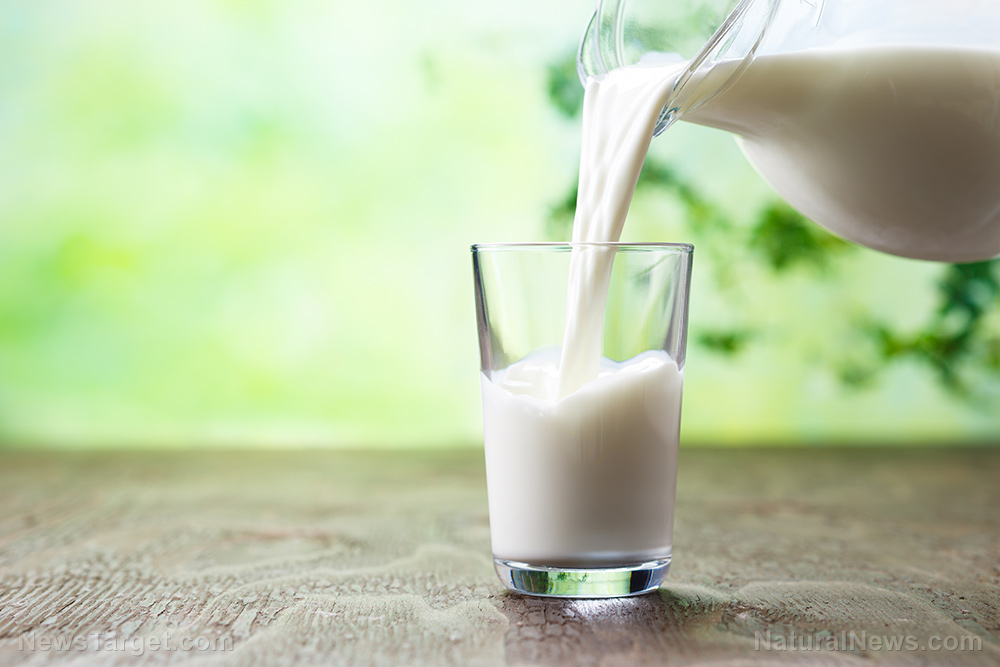Lipids from camel milk exhibit in vitro anti-inflammatory properties
11/27/2019 / By Evangelyn Rodriguez

In this study, researchers from Oman, the UAE, and the U.K. investigated the effect of camel milk on glycated protein-mediated macrophage inflammation. The results of their study were published in the journal Functional Foods in Health and Disease.
- Camel milk is known for its anti-diabetic and health-promoting properties.
- The lipids in camel milk have also been reported to have anti-inflammatory effects. However, the mechanism behind these effects are not well-studied.
- To determine how total lipids (TL) and total fatty acids (TFA) from camel milk can affect diabetic inflammation, the researchers used an in vitro model of differentiated THP-1 (dTHP-1) cells stimulated with glycated serum albumin (gBSA). These cells were pre-treated with TL or TFA before gBSA.
- Using GC-MS, the researchers found that TL is 96 percent triacylglycerol (TAG) while TFA is 65 percent saturated fatty acids and 35 percent unsaturated fatty acids.
- Both TL and TFA decreased gBSA-induced secretion of pro-inflammatory cytokines like tumor necrosis factor-a (TNF-a) and interleukin-1B (IL-1B).
- TL demonstrated the ability to regulate the expression of p50/p65 subunits of nuclear factor-kappa B (NF-kB) while concomitantly increasing the expression of regulatory cytokines like IL-10, IL-1 receptor antagonist (IL-1Ra) and cluster of differentiation 163 (CD163)-shifting cells toward an M2 macrophage phenotype.
- In addition, TL regulated the expression of nucleotide-binding oligomerization domain-like receptor family pyrin domain containing-3 (NLRP3) inflammasome subunit and its regulator, ten-eleven translocation-2 (TET-2).
Based on these results, the researchers concluded that camel milk lipids can regulate gBSA-induced macrophage inflammation in vitro by controlling the expression of key inflammatory regulators like NF-kB and NLRP3 inflammasome subunit.
Journal Reference:
Al-Nasseri RH, Al-Ruqashi H, Al-Sabahi J, Al-Harrasi A, Kenekanian A, Banerjee Y, Morris K, Hassan N. LIPIDS DERIVED FROM CAMEL MILK REGULATE NLRP3 INFLAMMASOME-DEPENDENT INFLAMMATORY RESPONSES IN HUMAN MACROPHAGES. Functional Foods in Health and Disease. 2019;9(4):224. DOI: 10.31989/ffhd.v9i4.567
Submit a correction >>
Tagged Under:
anti-inflammatory, camel milk, cholesterol, fatty acids, food cures, food is medicine, functional food, immune system, natural cures, natural medicine, nutrients, prevention, research
This article may contain statements that reflect the opinion of the author





















